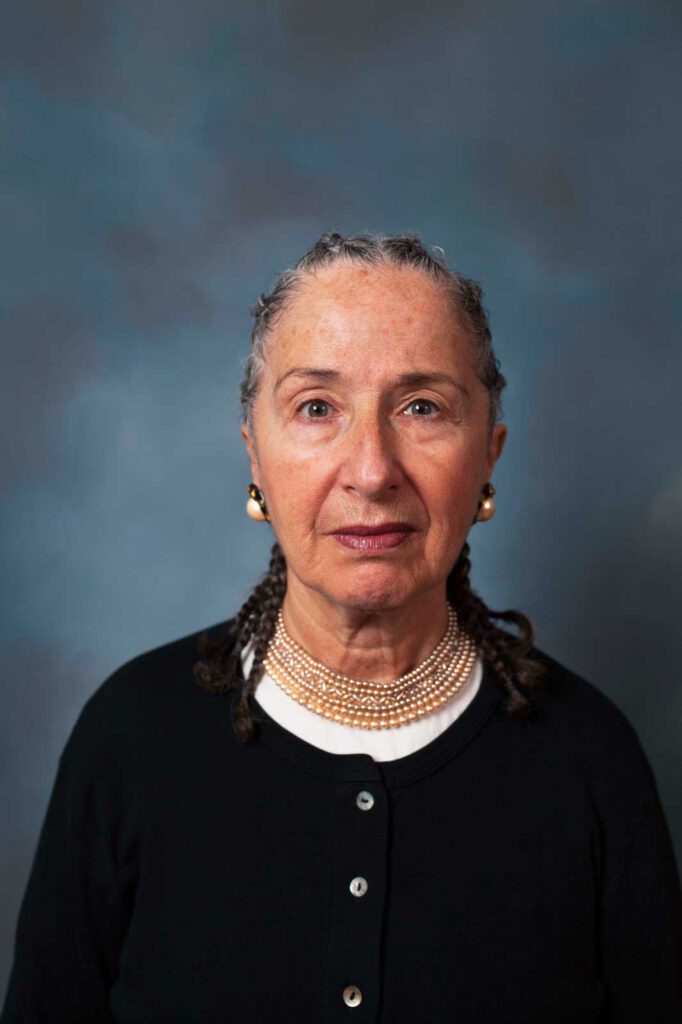1.

“Why Cindi Lauper’s ‘She’s So Unusual’ Holds Up.” For Complex Music, Maura Johnston celebrates the 30th anniversary of the pop singer’s seminal album.
“‘Unusual’ is normally a pejorative when applied to women, but Lauper bucked that convention with a particular glee. ‘Girls Just Want To Have Fun’ is Lauper’s signature hit, and with good reason: The whoops and crowds of ladies singing in unison harness the joy that defines so much of her output, from her earliest solo work to the music she penned for Broadway’s Kinky Boots. But there’s also a big clue to her lasting appeal in its final verse: ‘Some boys take a beautiful girl/And hide her away from the rest of the world/I wanna be the one to walk in the sun.’ In Hazard’s original, the final line is ‘All my girls are gonna walk in the sun’—a change that implies not only ownership of, but a chilling sameness to the women who he’ll encounter in his life. With that one subtle shift, though, Lauper’s song becomes an anthem for any woman who want to break free from the expectations placed on her shoulders—whether by dancing or singing or simply heading out on her own, the sun’s warmth hitting her face as she contemplates freedom.”
2.
“My Shel Silverstein Biography Can’t Quote Shel Silverstein. Why?” For Slate, Joseph Thomas details his myriad troubles with the late children author’s estate, as well as what kind of obstacles generally face literary biographers.
“And so I came up against the hard truth of the literary biographer: It’s crucial to establish friendly relations with the estates of deceased (and more rarely, living) artists whose work is protected by copyright. You see, scholars have to request permission to reproduce more than a few lines of a copyrighted poem or song lyric. Or, more precisely, we don’t have to, but our publishers (largely academic, nonprofit university presses) tend to insist that we ask permission in order to protect themselves from lawsuits. You may have heard of something called “fair use.” One would think fair use was custom built to protect scholars and artists who want or need to reproduce excerpts from copyrighted work in the service of education or art or scholarship—and one would be right. But whether we’re protected or not, most presses prefer to play it safe and make scholars request permission.”
3.

“‘Rocky Horror’ and Body Positivity at Midnight.” For NPR, Matthew Widdig explores the inclusive culture surrounding the long-revered cult movie.
“Thanks to how Rocky’s underground culture has been well-documented in more mainstream culture – as in Perks of Being a Wallflower, where it appears as a sort of safe haven for high school outcasts. As the show went on and actors and actresses of various body types, in contrast to the thin stars on the screen, went through various states of undress, that idea of a safe space seemed more relevant. Everybody seemed very comfortable — even the audience was encouraged to participate in an underwear run, which the majority did. Rocky Horror is a pretty notoriously jarring and sometimes offensive movie, but has the community surrounding it become a forum for body positivity somewhere along the way?….Rocky Horror shadow casts with plus-size performers reenacting the scantily-clad antics of the film would certainly seem to portray a positive body relationship, and those involved in these communities are nothing but enthusiastic about their experiences.”
4.
“Thomas Friedman Writes for the International House of Pancakes Menu.” For Something Awful, Zack Parsons imagines what would happen if the Pulitzer Prize-winning columnist brought his rigorous prose to breakfast.
“In the hyperconnected world we live in, nothing is off limits, which is to say that when the phone rang at the Beijing Hilton I picked up and knew it was one of my Arab friends immediately. “If you have something good,” he said to me, mysteriously, “You can always have something better.” I tapped the message into my notepad app. It was only later, playing golf in the fuzzy green indoor 18 hole arena reserved for visiting businessmen from Europe and America, that I realized what the proverb meant. If you have French toast, stuff it with strawberries and vanilla frosting. If you stuff your French toast, put whipped cream and fruit sauce on top. It’s as simple as that and investments work the same way. I call it the Bettering.”
5.
“New York Comic-Con 2013: Creepy Camera Crews, Arizona’s Big Cans, and Harassment.” For The Beat, Heidi MacDonald reports on sexual harassment at this–and every–comic-con.
“While stock is still being taken of the record crowd at this year’s New York Comic-Con—a crowd by and large peaceful and fun loving, and if my eyeball guess was right, perhaps 50% under the age of 21—it may be seen as a watershed for the continuing issue of harassment at cons. The issue of inappropriate behavior towards cosplayers has been widely noted, and several efforts are underway to draw attention to this and get conventions to set anti-harassment policies. At New York Comic-Con several disturbing incidents, while in no way condoned by the convention organizers, may not have been handled in the best way.”
IMAGE OF THE DAY

From Slate’s “Corporate Portraits of White Women With Black Hairstyles.”
VIDEO OF THE DAY
A sea serpent off the California coast!














